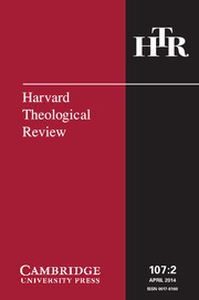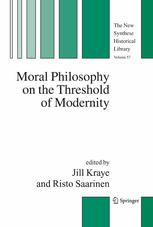Academic publishing needs “renewed focus and collective action” to embrace new approaches and ensure the future of the industry, concludes a report from Cambridge University Press, released last week.
What started as an exploration of barriers to open access models turned into a call for “radical change” in academic publishing. “It has been clear for some time that the publishing ecosystem is under increasing strain,” Mandy Hill, managing director of Cambridge University Press, wrote in the introduction to the report. “This was the case before the growth of open access, but it is also clear that the shift to open has not solved the problems, as some early open access advocates may have hoped.”
The report, which followed workshops and interviews with stakeholders, includes results of a survey of more than 3,000 researchers, librarians, funders, publishers and societies.
Continue reading Less is more: Academic publishing needs ‘radical change,’ Cambridge press report concludes

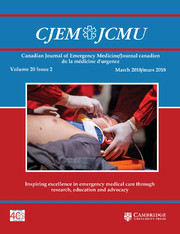
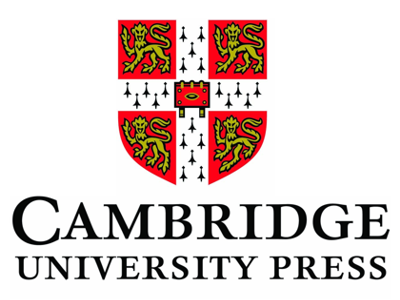 A paleontology journal has retracted a recent paper after discovering it had published the
A paleontology journal has retracted a recent paper after discovering it had published the  An emergency medicine journal has retracted a letter to the editor, saying it didn’t include the author’s relevant commercial interest—which the author says he tried to disclose when he submitted the paper.
An emergency medicine journal has retracted a letter to the editor, saying it didn’t include the author’s relevant commercial interest—which the author says he tried to disclose when he submitted the paper. 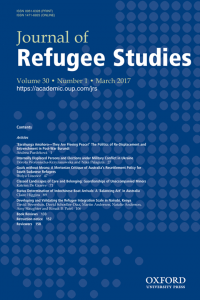
 A journal has flagged a paper by a researcher who has questioned the safety of genetically modified organisms, after receiving concerns that there were issues with some images.
A journal has flagged a paper by a researcher who has questioned the safety of genetically modified organisms, after receiving concerns that there were issues with some images.